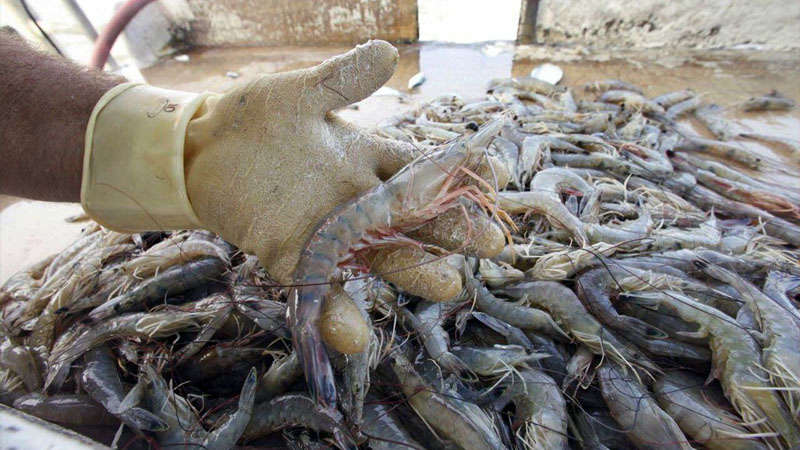Exclusive content

Shrimp farming has become an essential contributor to the economic diversification of coastal communities in the Gulf of Nicoya, Costa Rica. This industry, which carefully integrates ecosystem preservation, impacts only 2.8% of the region’s mangrove area. Despite its environmental sensitivity, shrimp farmers face significant challenges that demand better working conditions to sustain this crucial sector.
Collaborative Efforts to Boost Productivity
To address the difficulties faced by shrimp farmers, a collaborative working group has been formed under the leadership of Víctor Julio Carvajal Porras, the Minister of Agriculture and Livestock. This initiative brings together key institutions such as INCOPESCA, the National Chamber of Producers of Farmed Shrimp (CAPROCAM), COMEX, the University of Costa Rica, and other academic and environmental organizations.
The goal is clear: to revitalize the shrimp farming sector, which has long been overlooked, and position it as a key driver of the coastal economy. By fostering collaboration, this working group aims to strengthen the productivity of shrimp farmers and provide the support needed for sustained growth.
Modernizing Shrimp Farming Practices
A central part of this initiative is the modernization of shrimp farming techniques. A new project is underway to validate a technological package for cultivating Pacific white shrimp. This involves implementing advanced tools such as aerators and automatic feeders to boost productivity.
The CRC 40 million (USD 77.2 thousand) allocated to the project comes from non-reimbursable resources through the Development Banking System. The modernization process will be tested over three shrimp production cycles on a model farm. The results will help establish a technical framework for future investments, ensuring that shrimp farmers can improve yields while managing costs effectively.
A Legal Framework for Sustainable Growth
In addition to modernization efforts, shrimp farmers now have a comprehensive legal framework that ensures the future sustainability of their industry. Law 9814, along with the official Joint Management Plan for the Arenal-Tempisque Conservation Area (ACAT), provides the regulatory foundation needed for responsible development.
This legal framework, coordinated between INCOPESCA and the National System of Conservation Areas (SINAC), represents a significant step forward. It will guide shrimp farming within conservation areas, setting the stage for a sustainable future that balances economic growth with environmental stewardship.